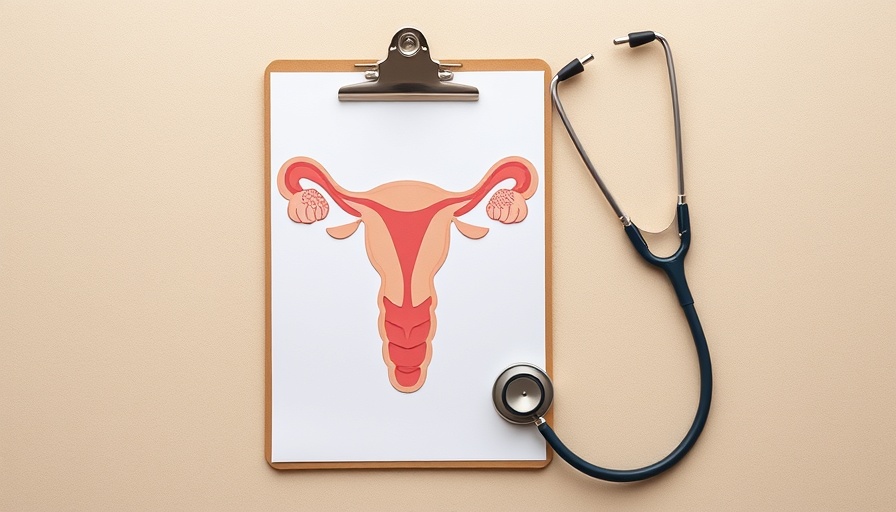
Understanding the Foundation of Reproductive Health Services
Reproductive health services are a vital part of healthcare that provide individuals with access to essential information, care, and support regarding their reproductive choices. Whether in need of contraception, routine check-ups, or pregnancy-related services, these facilities ensure that individuals can receive care in a safe and professional environment. In today's world, where open discussions about health are pivotal, having straightforward, factual information helps people make informed choices about their reproductive health.
Accessibility Issues in Reproductive Healthcare
Accessing reliable and professional reproductive health services is crucial. For individuals seeking abortion, finding a reputable clinic can alleviate stress and uncertainty surrounding the decision-making process. These professional health centers comply with strict medical standards, offering a combination of comfort, confidentiality, and professionalism. For many, the ease of having an abortion clinic nearby greatly enhances accessibility to care when it is most needed.
Empowerment Through Information
Alongside accessibility, reliable information bolsters individuals' ability to make empowered health decisions. Many individuals frequently search for abortion clinics near me to compare services and find the best options available. This local focus allows individuals to establish a sense of comfort and autonomy in their choices as they navigate their reproductive health journey. Clinics possess the responsibility to offer clear guidance and comprehensive services that enhance overall patient confidence and decision-making.
The Role and Impact of Women's Clinics
Women’s clinics serve as pivotal resources in reproductive health. They provide a comprehensive array of services that extend beyond reproductive health, including screenings, routine check-ups, mental health resources, and family planning options. Such facilities are instrumental in creating a supportive environment for many individuals who may have varying health concerns. By offering preventive care, health education, and personalized counseling, women's clinics become champions of long-term wellness.
Beyond Abortion: Comprehensive Reproductive Care
Healthcare facilities catering to women’s needs often emphasize not only immediate care but also proactive health management. Many people utilize these clinics for ongoing support, ensuring that their reproductive health is part of an overall health strategy. This broader approach is essential for managing chronic diseases, maternal health, and family planning. Women’s clinics are valuable contributors to enhancing health literacy and promoting health equity across diverse communities.
Challenges in the Current Healthcare Landscape
While access to reproductive health services has seen improvements, significant challenges remain. Issues such as stigma, limited availability in rural areas, and a nursing shortage make it difficult for many individuals to receive timely care. Additionally, the intersection of social determinants of health highlights the disparities faced by certain populations in accessing quality reproductive health services. Addressing these challenges requires a committed effort from healthcare policymakers to strengthen healthcare infrastructure and make reproductive health services universally accessible.
Going Forward: The Essential Role of Health Education
In a rapidly evolving healthcare landscape, health education plays an integral role in improving reproductive health. Individuals who are informed about available resources are more likely to seek care and to be proactive about their health. Encouraging open communication and providing educational resources about reproductive health fosters an environment of trust and understanding. Healthcare providers must prioritize patient care, and through outreach and education, empower individuals to take charge of their reproductive health decisions.
Your Next Steps in Empowering Reproductive Health Choices
As you navigate your reproductive health journey, consider the clinics and healthcare services available within your community. Take advantage of local resources, ask questions, and take advantage of supportive services intended to help you maintain your sexual and reproductive health. Accessing reliable healthcare is your right, and you deserve compassionate care that respects your personal choices.
 Add Row
Add Row  Add
Add 




Write A Comment